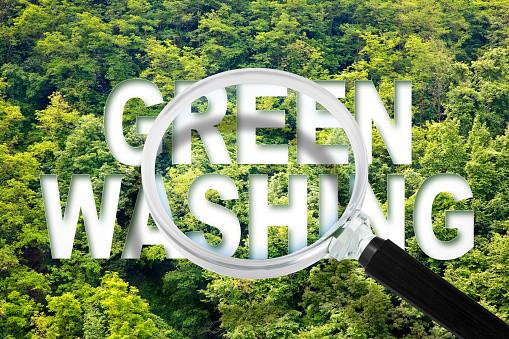Explore the World's Best Ideas
Join today and uncover 100+ curated journeys from 50+ topics. Unlock access to our mobile app with extensive features.
Green products
Green products are seen on the Internet and in stores and go by multiple names, like eco-friendly, all-natural and organic, but these terms are not always meaningful.
Most so-called "green" products are not as virtuous as we believe. To ride the wave of sustainable development, some companies claim to be ethical and sustainable, while it is not.
3
138 reads
Greenwashing
Greenwashing is a strategy to deceive consumers who are looking to buy ethical products. Even though a company claims that its products, its components or its practices are environmentally friendly, they are not. The only thing that they've changed is their marketing strategy.
The goal of greenwashing is only to make a profit. They are taking advantage of collective awareness linked to global warming.
3
115 reads
Examples of greenwashing
- Image power. This strategy gives the impression that the product is eco-friendly by associating them with images related to ecology: nature, animals, etc.
- Misleading labels. Some brands develop their own "sustainable" label that has not been verified by a third party authorised to judge the quality of the products.
- Irrelevant claims. Brands may claim their products do not contain this or that substance when it is legally prohibited and not used anyway.
- Vague claims. Products which are stamped to be “environmentally friendly” is hard to confirm or deny.
4
106 reads
How to avoid the greenwash trap as a company
- Give evidence. To cut off any hint of greenwashing, provide appropriate documentation and make it easily accessible.
- Tell the truth. Not having any environmental or ethical certification doesn’t mean you have to hide your product. If you need to review the composition of your product, don't expect to be able to make all the desired changes overnight.
- Carry out your carbon footprint assessment. Be transparent with consumers while adopting a constructive approach to your carbon footprint.
3
87 reads
IDEAS CURATED BY
David Garcia's ideas are part of this journey:
Learn more about scienceandnature with this collection
How to practice effectively
The importance of consistency
How to immerse yourself in the language
Related collections
Similar ideas
Read & Learn
20x Faster
without
deepstash
with
deepstash
with
deepstash
Personalized microlearning
—
100+ Learning Journeys
—
Access to 200,000+ ideas
—
Access to the mobile app
—
Unlimited idea saving
—
—
Unlimited history
—
—
Unlimited listening to ideas
—
—
Downloading & offline access
—
—
Supercharge your mind with one idea per day
Enter your email and spend 1 minute every day to learn something new.
I agree to receive email updates


